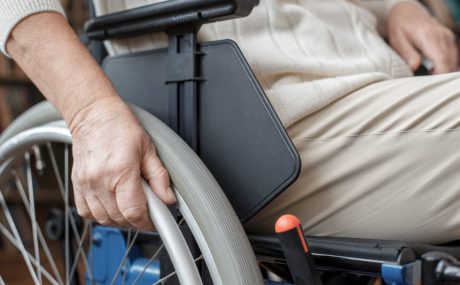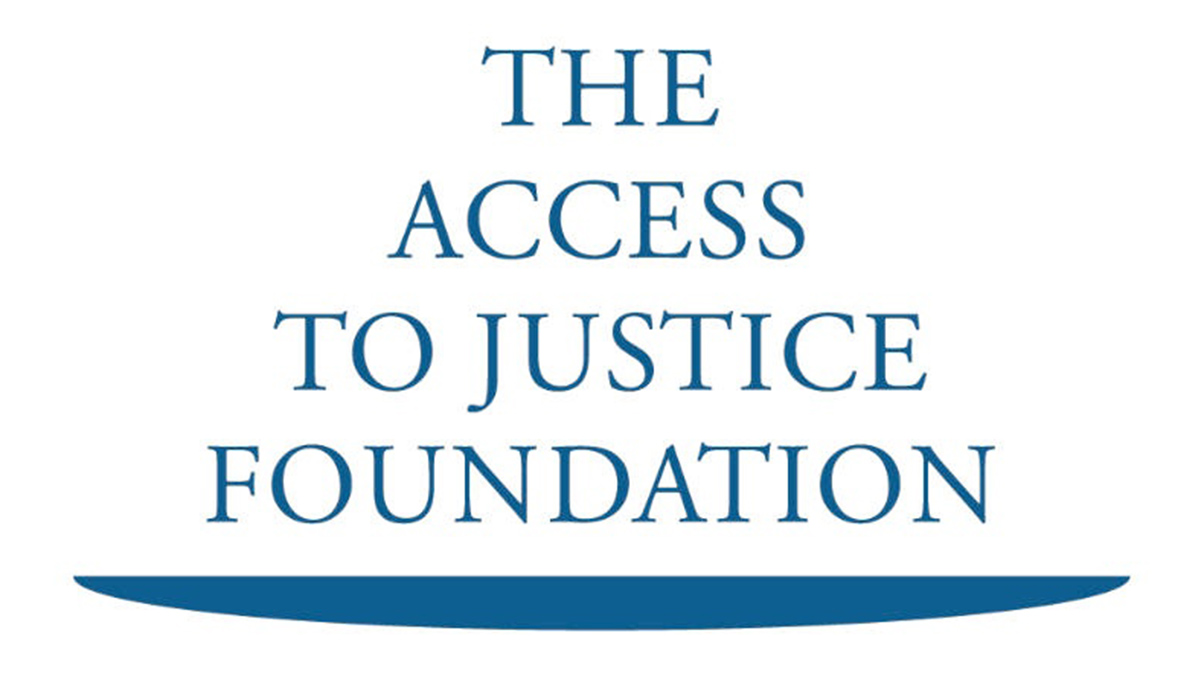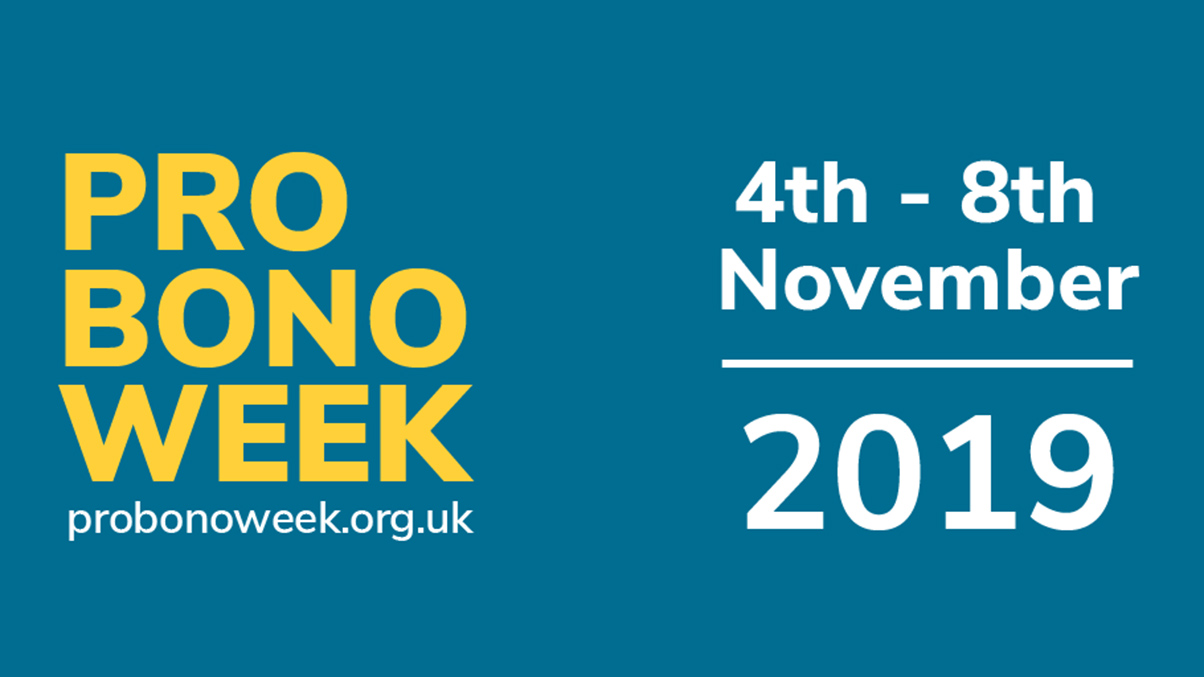When we meet patients who have suffered serious and life-changing injuries as part of the Legal Service, one of the first things we will establish is whether they have critical illness cover or personal accident insurance that may pay out in light of their condition.
Frequently, finances are one of the primary concerns for patients, particularly where they are the primary earner or have financial dependants. Discovering that a patient has some form of insurance cover that could potentially alleviate these financial concerns is reassuring. However, despite the fact that these policies are specifically designed to cover patients who find themselves in these situations, making claims can be drawn out, time-consuming and frustrating.
A prime example of this is making a claim for Total Permanent Disablement (TPD). A few recent experiences in the Pro Bono department concerning these policies have demonstrated that the definition of TPD is often unclear, and can be inconsistent from insurer to insurer. These difficulties are highlighted by statistics from the Association of British Insurers (ABI). Their figures show that TPD claims make up 3% of all claims on critical illness policies, but of these TPD claims 55% are rejected for not being judged as meeting the defined criteria. When you compare this to the fact that insurers will pay out on over 90% of claims made under their critical illness policies in total, the figure for TPD is significantly lower.
Below I have highlighted a few of the problematic areas we have encountered when assisting with claims under these policies.
Ability to return to work
A major difficulty facing TPD claims as opposed to claims for other conditions covered on critical illness policies is that the success of the claim is determined on the resulting impact of the condition as opposed to simply having the condition itself.
For example, we recently assisted a gentleman in his late 30s who sustained a spinal cord injury after a fall on holiday with his claim for TPD. Upon reading the policy wording, we discovered that the criteria for making a claim for TPD was defined as:
“The loss of the physical or mental ability through an illness or injury to the extent that the member is unable to do the material and substantial duties of any occupation at all ever again.”
The narrow drafting of this clause makes the threshold for making a successful claim for TPD extremely high. In practice, this clause would require the insured to prove that they cannot undertake any form of work, even an occupation for which they have no relevant knowledge, experience or training, and realistically could not have undertaken prior to having the condition anyway.
This issue was addressed in a recent decision from the Financial Ombudsman Service (FOS), which provided some guidance on the definition of TPD. In these types of policies, where there is a reference to “any occupation”, the FOS takes guidance from a Court of Appeal case of Sargent v GRE. This case concluded that “any occupation” should be interpreted along the lines of “any suited occupation” taking into account the insured’s education, training and experience. From this, we concluded that the above TPD clause would be considered too restrictive.
The ABI issued an agreed definition of TPD in 2011 to guide insurers. However, the above policy demonstrates that this has not resolved definitional issues in this area.
Time limits
We assisted another client with his insurance claim following a traumatic brain injury he sustained as a result of a sporting accident. He was anxious to commence a claim as soon as possible because of financial pressures on him and his young family, which had been exacerbated by his inability to return to work.
Early on it was confirmed by doctors that he would not be able to return to work. However, he was prohibited from starting a claim as the policy wording stated that the TPD must “last without interruption for more than 12 months from the date of accident and in all probability shall continue for the remainder of the Insured Person (s) life”.
Though it is reasonable that an insurer requires that a condition is relatively fixed and stable before finalising a claim for TPD, to prescribe arbitrary time periods for commencing a claim is futile. This is particularly the case where the prognosis is clear early on in the patient’s recovery and delaying the claim causes unnecessary financial stress for patients and their family. It would, arguably, be more sensible and helpful for this to be assessed on a case-by-case basis.
Medical evidence
Finally, another hurdle to making a successful claim is providing medical evidence that the insurer is willing to accept. We recently met a patient in his late 40s who had sustained a spinal cord injury resulting from a cycling accident that had left him with paraplegia. He had run into difficulty obtaining a pay out from his insurer for TPD due to issues obtaining the medical evidence required. Below is an example of the evidence insurers often require for a TPD claim:
“Relevant specialists must reasonably expect that the disability will last throughout life with no prospect of improvement.”
In the case of the above patient, his GP declined to make a report providing medical evidence for the claim as he did not believe he had the specialist knowledge required to make the assessment. However, as in many situations, the patient may not have seen their treating consultant or someone who could provide this level of expertise since their discharge from hospital a year earlier. Ultimately, they had to rely on an expert report, but this is not always financially viable for most of the patients we assist.
In situations where someone has sustained an injury that will prevent them from returning to their former employment, a statement from a doctor confirming this is little more than a formality. For example, someone who has a complete spinal cord injury will not logically be able to return to their work in construction. Again, it would be beneficial if insurers exercised their discretion in cases of serious injury and were less prescriptive about the medical evidence required so that unnecessary delays are avoided in the processing of the claim.
Conclusion
As you can imagine, it can be incredibly upsetting for patients to discover that the policy they have purchased to protect them is unable to provide them with any cover or the level of cover expected. It is clear that while on the surface critical illness or personal accident policies may look largely similar to one another, they need to be carefully inspected to ensure that they will give you the protection you are expecting should you suffer serious illness or injury. Furthermore, when claiming under a critical illness policy, the insured should challenge insurers where clauses are overly restrictive or where medical evidence is overly prescriptive.
This article was written by our paralegal Emily Charlesworth
This article was published as part of ‘The Legal Service Newsletter’. The Legal Service is provided by Stewarts’ pro bono team as part of the firm’s commitment to help people with serious injury. The service offers free advice to patients when they need it most.
To make a referral to The Legal Service, please contact Kara Smith by phone on 020 7822 8000 or by email at ksmith@stewartslaw.com.
Subscribe – In order to receive our news straight to your inbox, subscribe here. Our newsletters are sent no more than once a month.
You can find further information regarding our expertise, experience and team on our Personal Injury and Insurance Disputes pages.






